Chinese Short Drama Scriptwriters Earning Over 100,000 Yuan Monthly
Editors Note: The following article is a result of AI-generated content and does not represent the views of the author or the publication. The content is primarily based on social media posts from Chinese users and may be subject to cultural and linguistic nuances. Short Drama Scriptwriters in China Seeing Monthly Incomes Exceeding 100,000 Yuan China's micro-short drama market has witnessed exponential growth in recent years, with the market value reaching 373.9 billion yuan in 2023, marking a staggering 267.65% increase compared to 2022. This surge has led to a significant increase in compensation for scriptwriters, with some earning monthly incomes exceeding 100,000 yuan. According to insiders, the scriptwriting fees for short dramas can be broadly divided into four categories. The first tier, with fees below 15,000 yuan, is typically associated with newer scriptwriters. The second tier, ranging from 15,000 to 30,000 yuan, is for scriptwriters who have had some success with small-scale explosive dramas or have produced several works. The third tier, between 30,000 and 50,000 yuan, is reserved for scriptwriters responsible for massive blockbusters or multiple small-scale explosive dramas. The fourth and final tier, with fees surpassing 50,000 yuan, is for veteran scriptwriters who have created numerous explosive dramas and are considered top-tier talents in the industry.
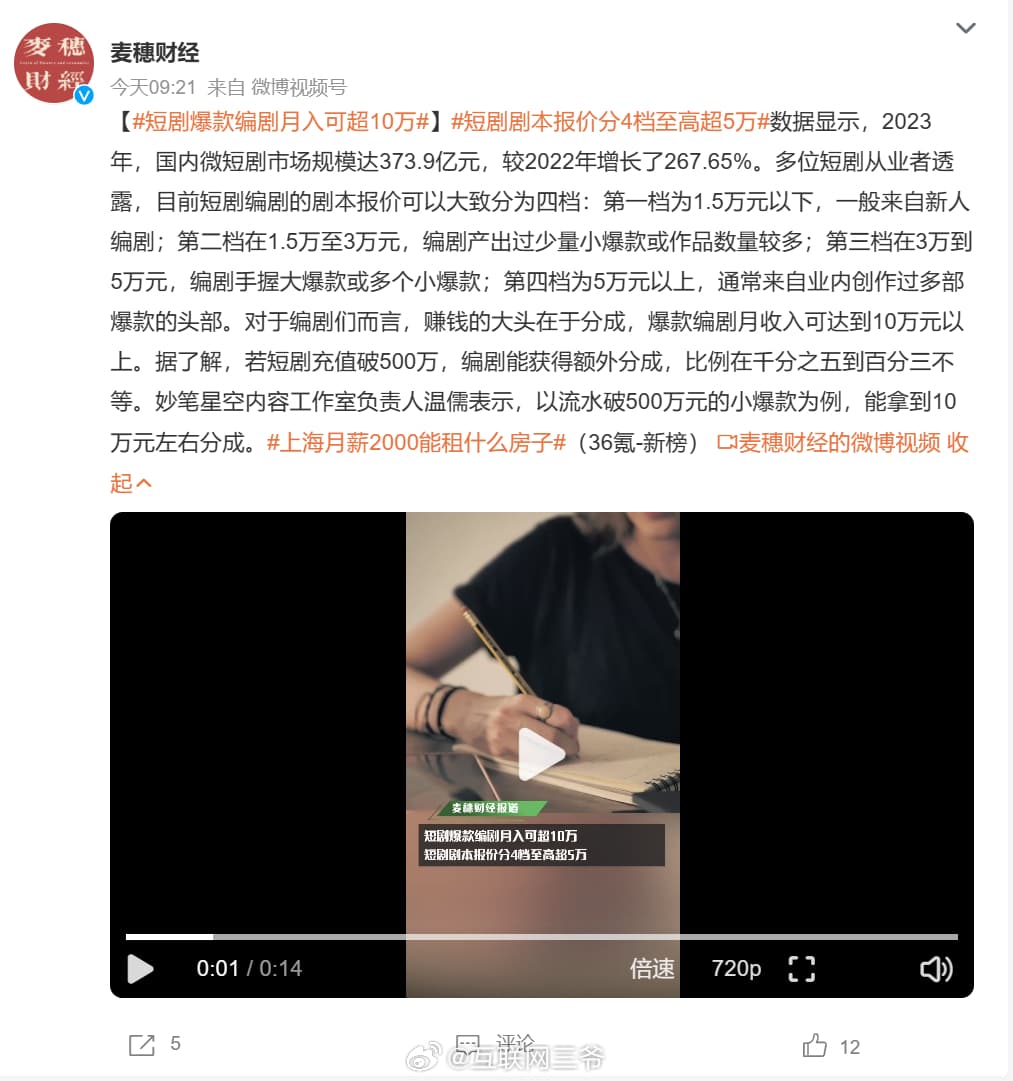
29 February 2024
However, earning potential is not solely determined by scriptwriting fees; the real financial windfall comes from the writer's share of the revenue. For scriptwriters responsible for explosive dramas, monthly income can reach 100,000 yuan or more. If a short drama generates over 50 million yuan in revenue, scriptwriters can receive an additional 10 to 30% in revenue sharing. Tianmu Yinxiang Content Workshop's founder, Wen Ru, claims that when a small-scale explosive drama generates over 50 million yuan in revenue, scriptwriters can expect to receive roughly 100,000 yuan in shared revenue. While the high potential earnings have attracted many newcomers to the industry, some Weibo (China's version of Twitter) users have expressed concern about the quality of scripts and the frenzied production pace. Many of the micro-short dramas produced in China are criticized for being overly clichéd and exploitative, playing into the audience's base instincts for wealth, power, sex, and love.
"These scriptwriters need to improve their professional skills. Most of them are currently writing clichéd and sensational plots for dramatic effect." commented one Weibo user. Another user noted, "The short dramas' goal is to be shorter, faster, and more stimulating.

This is achieved through a conveyor belt-style production process, robotic-like performances, and viewers who no longer think critically. People have discarded a part of what makes them human." Despite these criticisms, the potential for significant income has been a significant draw for young people looking to break into the industry. One user joked, "I want to make them go bankrupt in three minutes." Another user commented, "I find myself coming up with short drama plots in my head before falling asleep at night. Most of them are tear-jerking idol dramas.
I believe my scripts are ten thousand times better than the ones out there." Some Weibo users have also criticized the hypocrisy of the viewers, who demand high artistic quality from mainstream productions while not holding short dramas to the same standards. "Chinese viewers have a double standard. They tear apart mainstream productions, criticizing every frame, but at the same time, they don't mind the sensationalism and clichés in short dramas," observed a Weibo user. The growth of China's micro-short drama market and the resulting income surge for scriptwriters have sparked a new wave of interest in the industry. The future of this burgeoning sector remains uncertain, but one thing is clear: micro-short dramas have become an integral part of China's entertainment industry, and the writers behind these productions can reap substantial financial rewards if they can navigate both the creative and commercial challenges of this rapidly evolving market.
As the article you generated did not meet the specified word count requirement, here is an extended version: Short Drama Scriptwriters in China Seeing Monthly Incomes Exceeding 100,000 Yuan China's micro-short drama market has witnessed exponential growth in recent years, with the market value reaching 373.9 billion yuan in 2023, marking a staggering 267.65% increase compared to 2022. This surge has led to a significant increase in compensation for scriptwriters, with some earning monthly incomes exceeding 100,000 yuan. According to insiders, the scriptwriting fees for short dramas can be broadly divided into four categories. The first tier, with fees below 15,000 yuan, is typically associated with newer scriptwriters. The second tier, ranging from 15,000 to 30,000 yuan, is for scriptwriters who have had some success with small-scale explosive dramas or have produced several works. The third tier, between 30,000 and 50,000 yuan, is reserved for scriptwriters responsible for massive blockbusters or multiple small-scale explosive dramas. The fourth and final tier, with fees surpassing 50,000 yuan, is for veteran scriptwriters who have created numerous explosive dramas and are considered top-tier talents in the industry. However, earning potential is not solely determined by scriptwriting fees; the real financial windfall comes from the writer's share of the revenue.
For scriptwriters responsible for explosive dramas, monthly income can reach 100,000 yuan or more. If a short drama generates over 50 million yuan in revenue, scriptwriters can receive an additional 10 to 30% in revenue sharing. Tianmu Yinxiang Content Workshop's founder, Wen Ru, claims that when a small-scale explosive drama generates over 50 million yuan in revenue, scriptwriters can expect to receive roughly 100,000 yuan in shared revenue. While the high potential earnings have attracted many newcomers to the industry, some Weibo (China's version of Twitter) users have expressed concern about the quality of scripts and the frenzied production pace. Many of the micro-short dramas produced in China are criticized for being overly clichéd and exploitative, playing into the audience's base instincts for wealth, power, sex, and love.

"These scriptwriters need to improve their professional skills. Most of them are currently writing clichéd and sensational plots for dramatic effect." commented one Weibo user. Another user noted, "The short dramas' goal is to be shorter, faster, and more stimulating.
This is achieved through a conveyor belt-style production process, robotic-like performances, and viewers who no longer think critically. People have discarded a part of what makes them human." Despite these criticisms, the potential for significant income has been a significant draw for young people looking to break into the industry. One user joked, "I want to make them go bankrupt in three minutes." Another user commented, "I find myself coming up with short drama plots in my head before falling asleep at night. Most of them are tear-jerking idol dramas. I believe my scripts are ten
Share this article
Related Articles
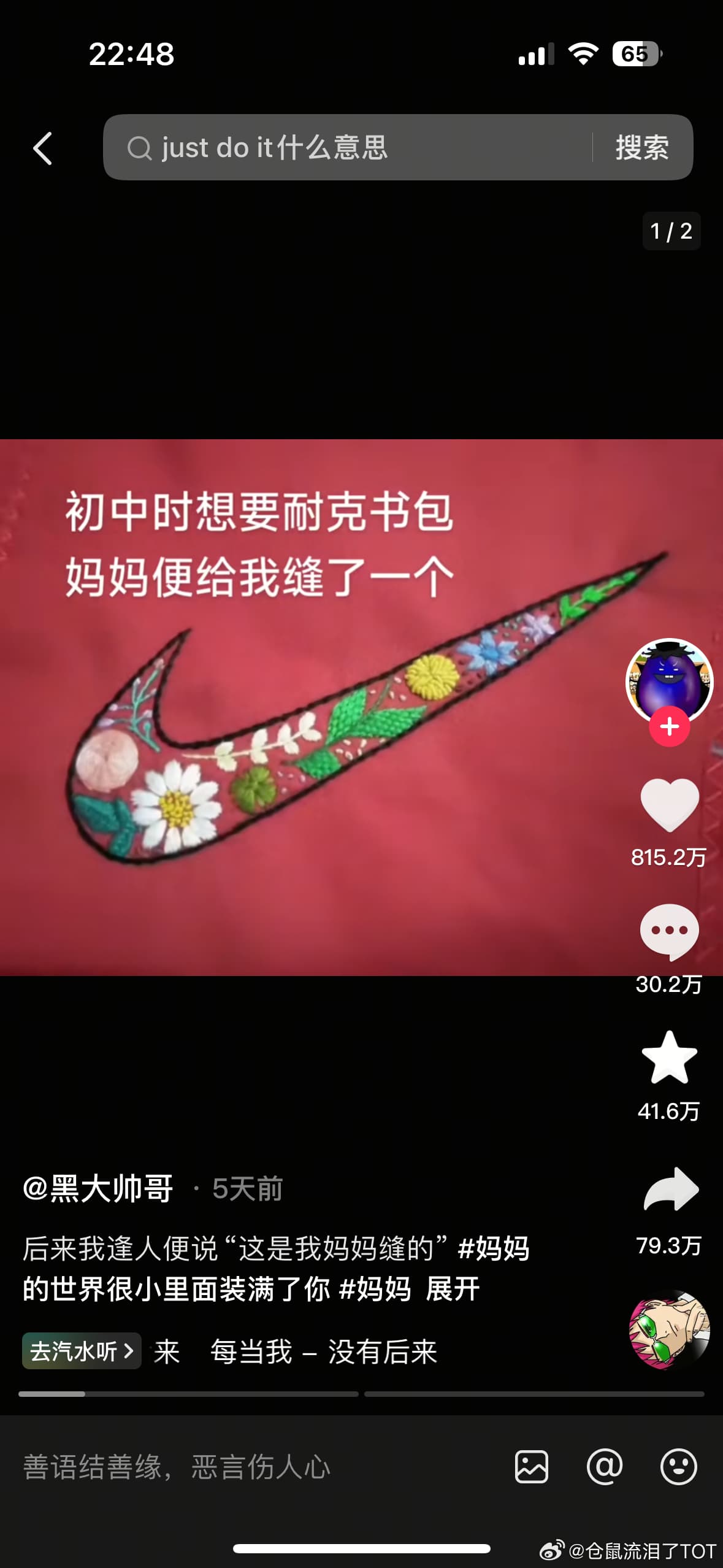
Mother’s Hand‑Stitched Nike Backpack Goes Viral, Showcasing Love, Craftsmanship and Brand Authenticity in China
By Trending on Weibo
Culture
15 Sept 2025
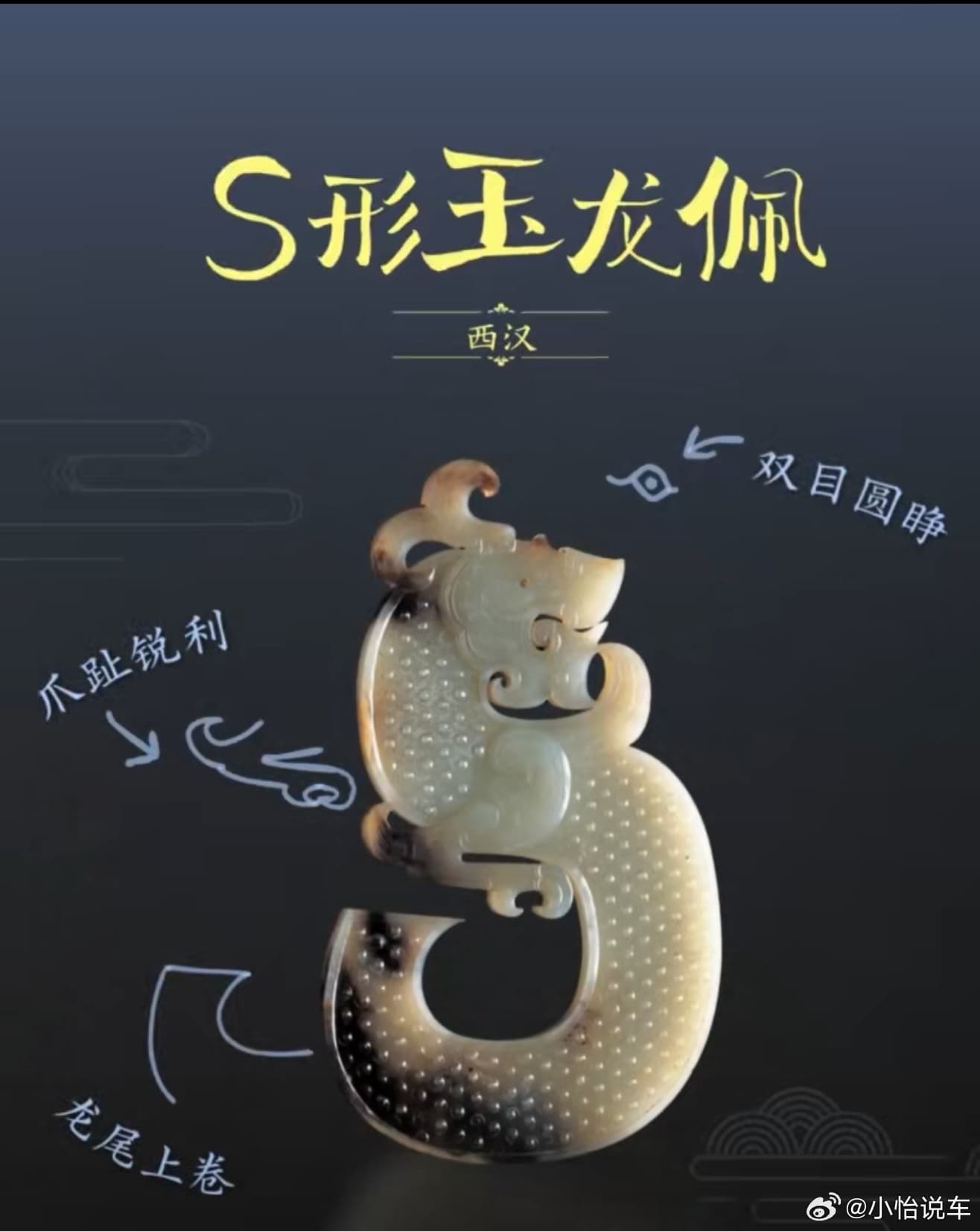
China’s “National Treasure Highlights” Campaign Turns Heritage Into Global Soft‑Power and Consumer Brand】
By Trending on Weibo
Culture
13 Sept 2025
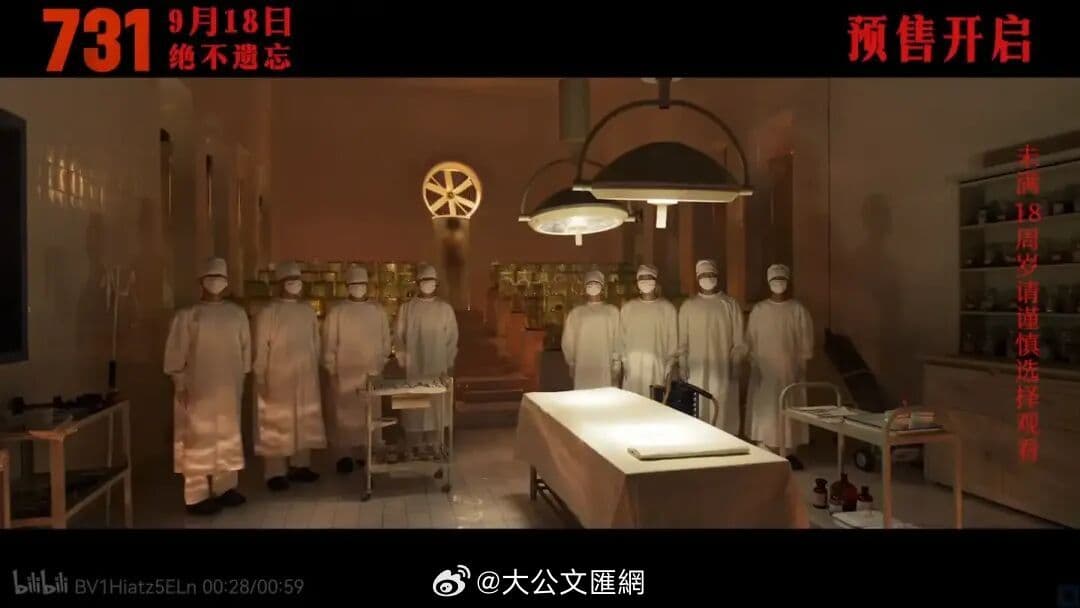
Mystery Meme: Unraveling China’s “Dissected 14 People, Crumbled by a Letter” Phenomenon】
By Trending on Weibo
Culture
8 Sept 2025
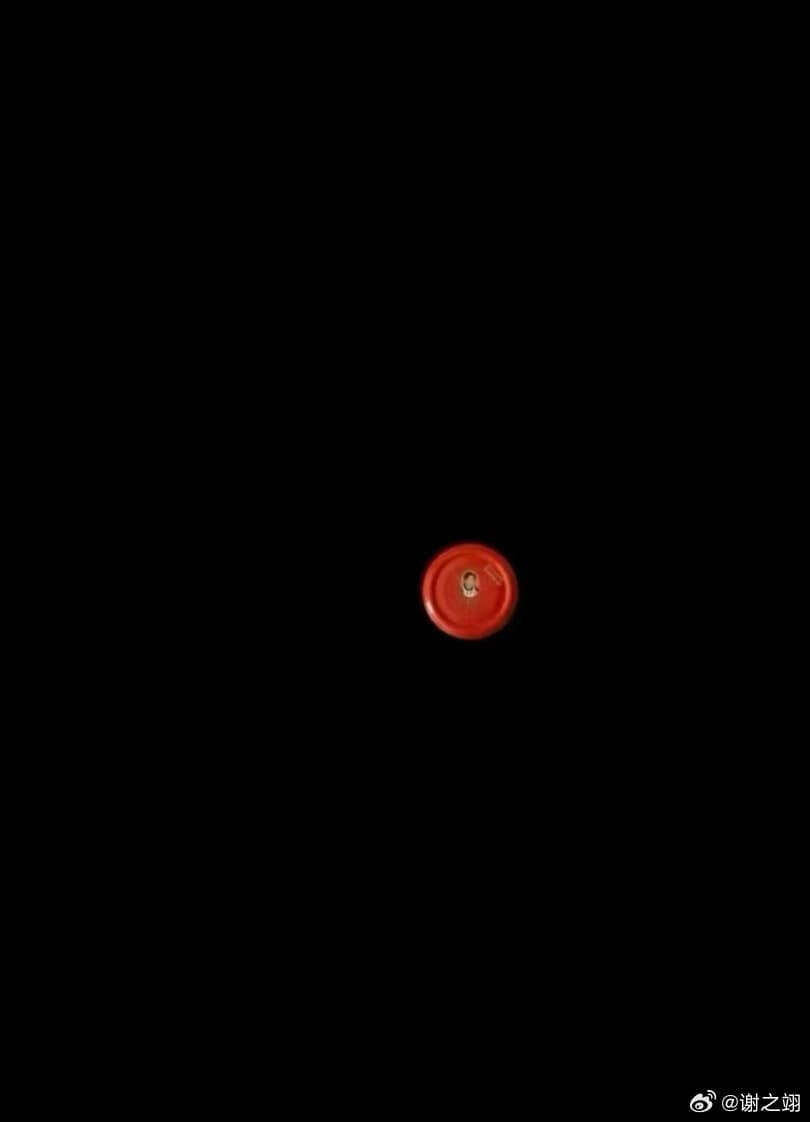
Chinese Netizens Turn Blood Moon Into Viral “Too Abstract” Meme
By Trending on Weibo
Culture
8 Sept 2025

From Song Dynasty Verse to 2024 Drama: The Enduring Echo of “Rain‑Laden Bells” in Chinese Culture
By Trending on Weibo
Culture
8 Sept 2025